开发实践硕士-未申报
Master of Development Practice

学历文凭
Masters Degree (Coursework)

专业院系

开学时间

课程时长

课程学费

国际学生入学条件
IDP—雅思考试联合主办方

雅思考试总分
6.5
- 雅思总分:6.5
- 托福网考总分:87
- 托福笔试总分:160
- 其他语言考试:Pearsons - Overall Score of 64 and 60 in all sub bands.
CRICOS代码: 082606B
申请截止日期: 请与IDP联系 以获取详细信息。
课程简介
Navigate the complex landscape of development, critically engage with key debates and be part of creating sustainable alternatives for the future.<br><br>UQ’s Master of Development Practice program addresses key challenges in the world today, including the rights of Indigenous peoples, inequality, gender, health, violence, alternative economics, climate justice and environmental sustainability.<br><br>With a diversity of delivery options – including intensive, online, practice-based learning environments and in-field research – this program is designed to fit in with your interests and availability, whether you're starting, advancing or rethinking your career.<br><br>Local communities in Australia and overseas are situated within rich and complex global dynamics. Our program equips you with theoretically informed skills to embrace the challenges of understanding, practising and rethinking development at different scales.<br><br>Drawing from anthropology, community development, planning, political science, sociology and related fields, Development Practice offers you a unique, multidisciplinary and practice-based learning experience.<br><br>Our graduates work across government, industry and community settings in development, social services, health, planning and elsewhere, to contribute to collaborative social change.
相关申请
 预科
预科 奖学金
奖学金 实习机会
实习机会 在校学习
在校学习 跨境学习
跨境学习 校园授课-线上开始
校园授课-线上开始 在线/远程学习
在线/远程学习
开学时间&学费
学费信息仅供参考,请与IDP联系以获取详细信息
| 开学时间 | 时长 | 学费 | 地点 |
|---|---|---|---|
| 暂无 | 暂无 | 暂无 | 暂无 |
关于昆士兰大学

昆士兰大学(简称UQ)位于澳大利亚布里斯班,一直位于世界一流大学之列,在教学、学习和研究方面都有着无与伦比的卓越成就。昆士兰大学在全球享有盛誉,通过提供知识领导力来创造积极的变化,从而建设更美好的世界。昆士兰大学经常跻身世界一流大学行列,其中包括: 根据 2024 年世界大学科学论文绩效排名(NTU 排名),排名第 40 位。 2024 年《美国新闻》全球最佳大学排名第 41 位 2025 年 QS 世界大学排名第 40 位 2024 年世界大学学术排名第 63 位 2024 年泰晤士高等教育世界大学排名第 70 位昆士兰大学十分注重教学质量,获得的国家级教学奖项比澳大利亚任何其他大学都多。超过55000 名在校学生,包括 21500 名国际学生,在三个美丽的校区为一个多元化、包容性的社区做出了贡献。昆士兰大学以其轻松安全的生活方式、亚热带气候和充满活力的多元文化而闻名于世,学生在这里可以享受到世界上最好的校园生活。在课堂之外,大学还提供一系列令人兴奋的活动,满足学生的课外兴趣。昆士兰大学屡获殊荣的职业与就业服务为学生毕业后获得竞争优势提供支持。学生可利用每年举办的就业研讨会和社交活动,与大学广泛的校友和专业合作伙伴建立联系。昆士兰大学培养的毕业生在全球享有盛誉,他们随时准备开创成功的事业,成为各自领域的佼佼者。昆士兰大学 35.0 万名毕业生组成了一个全球校友网络,遍布 190 个国家,拥有 17700 多名博士。
本校相关课程
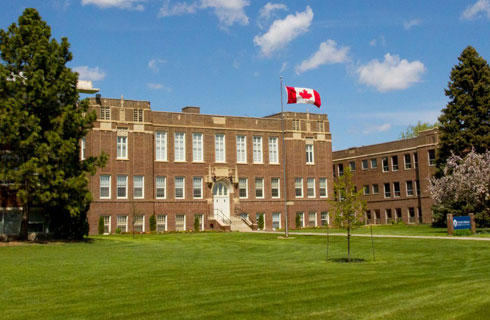
流行病学硕士
学历文凭
Masters Degree (Coursework)
开学日期
课程费用总额


教育学硕士-行为管理
学历文凭
Masters Degree (Coursework)
开学日期
课程费用总额

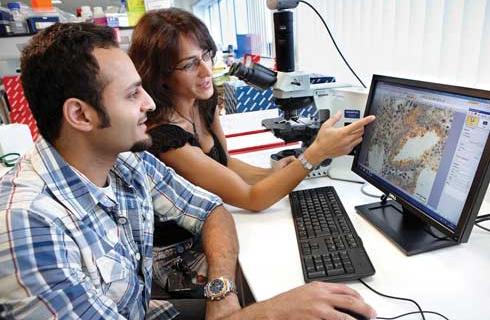
计算机科学研究生证书
学历文凭
Graduate Certificate
开学日期
课程费用总额


计算机科学硕士
学历文凭
Masters Degree (Coursework)
开学日期
课程费用总额


计算机科学研究生文凭
学历文凭
Graduate Diploma
开学日期
课程费用总额

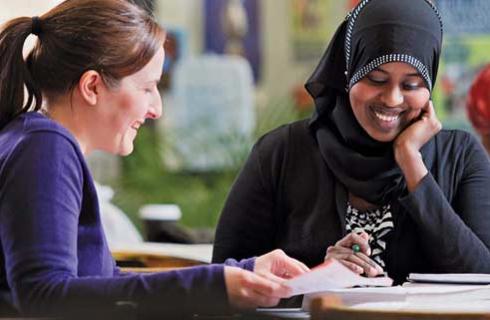
工商管理研究生文凭
学历文凭
Graduate Diploma
开学日期
课程费用总额

其他相关课程

国家土著研究中心哲学博士
 澳大利亚国立大学
澳大利亚国立大学学历文凭
Ph.D.
开学日期
课程费用总额


芬纳环境与社会学院哲学硕士
 澳大利亚国立大学
澳大利亚国立大学学历文凭
Masters Degree (Research)
开学日期
课程费用总额

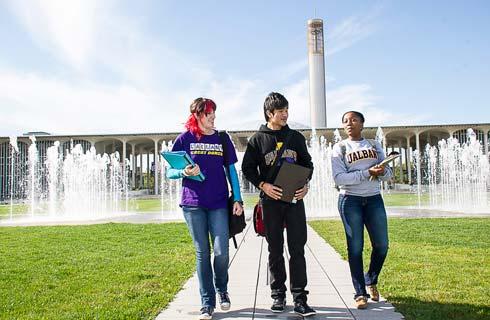
社会科学学士(荣誉学位)
 纽卡斯尔大学
纽卡斯尔大学学历文凭
Bachelor Degree with Honours
开学日期
课程费用总额


哲学博士(人文,艺术和社会科学)
 斯威本科技大学
斯威本科技大学泰晤士高等教育世界大学排名:282
学历文凭
Ph.D.
开学日期
课程费用总额

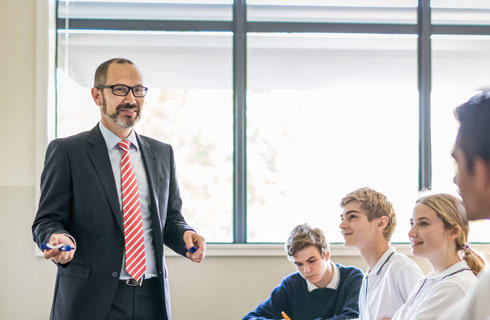
国际发展研究生文凭
 乐卓博大学
乐卓博大学泰晤士高等教育世界大学排名:267
学历文凭
Graduate Diploma
开学日期
课程费用总额


土著哲学博士
 南十字星大学
南十字星大学泰晤士高等教育世界大学排名:456
学历文凭
Ph.D.
开学日期
课程费用总额










